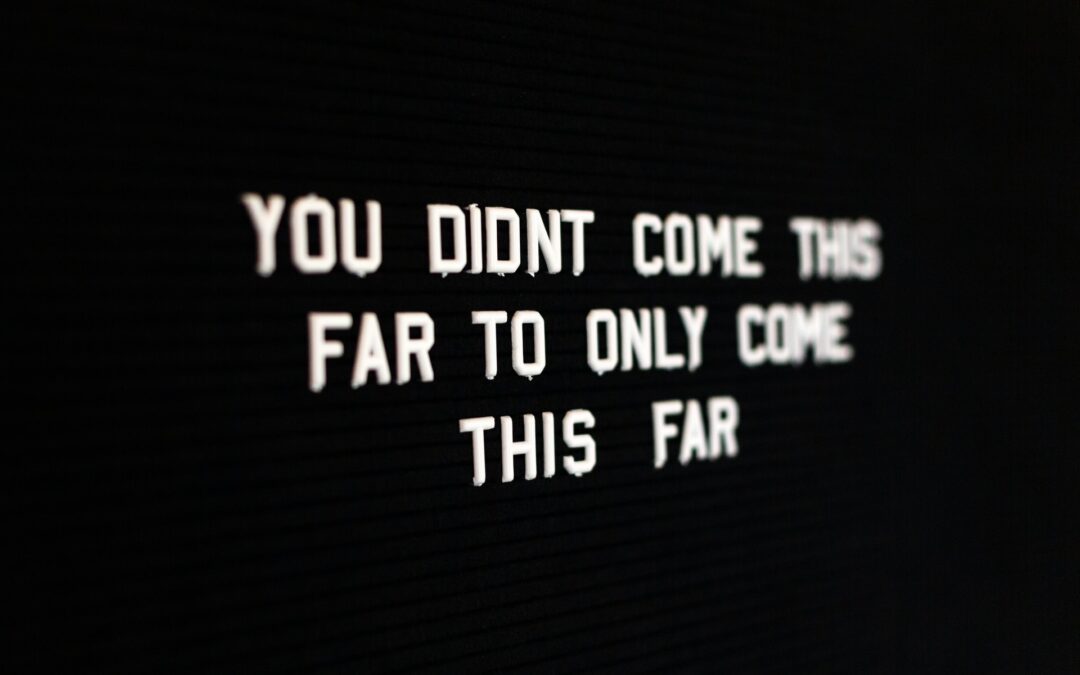I have a really weird relationship with motivation — and perhaps you do, too.
Every once in a while, my eyelids fly open at 6am and I bounce out of bed, eager and excited to tackle the day’s work. I love these days and am incredibly grateful for them.
The other 360 days of the year, I drag myself out of bed with a sense of impending dread at all of the work that must be done.
It seems like every single person on the internet is a motivation expert. Google anything related to motivation and you’ll see an endless stream of articles, blog posts, podcast episodes, tips, tricks, classes, books, cures, and more.
“Have you misplaced your motivation?” the experts ask, and then point — “It’s right there by your elbow, silly!” (Okay, I exaggerate, but according to pretty much everyone, motivation seems to be very simple.)
I have been reading an extremely excellent book called Laziness Does Not Exist by Devon Price, Ph.D., and I found myself having to re-think everything I thought I knew about motivation upon reading this passage:
“There is no morally corrupt, slothful force inside us, driving us to be unproductive for no reason.” — Dr. Devon Price
Woah.
Because that’s one of my biggest fears — that if I stop, if I take an extended break, if I pause in my creative endeavors, the evil laziness within my heart will overtake me and I will never create anything ever again, and I will die full of bitter regrets and sadness, an ultimately worthless person. (Seriously, this is a real fear that I have.)
“Feeling tired or unmotivated,” Dr. Price continued, “is not a threat to our self-worth.”
This, too, completely floored me. All of the other advice I’ve ever read on motivation has been about pushing yourself to scrape as many shreds of motivation as possible from the bottom of the barrel, not allowing yourself to “indulge” your tiredness and work fewer than 8-12 hours a day.
Everything I’ve read about motivation has implied that it’s a mindset that is attainable to us 24 hours a day, and that it’s our fault — that we are less than or lazy — if we let it flutter out of our reach.
But what if our worth as human beings isn’t based on what we produce or accomplish?
What if we didn’t think of rest as some kind of guilty indulgence? What if we realized that it was a necessary part of the creative process, and a necessary part of life? What if we stopped bragging about how tough we are because we only got two hours of sleep last night?
What if we gave ourselves a little bit of compassion and grace, and showed hustle culture and the Protestant work ethic the door?
Who would we be without our guilt? What could we create if we were fully rested? And what if our motivation was right here inside of our hearts all along?
Words & warmth,
Sarah

